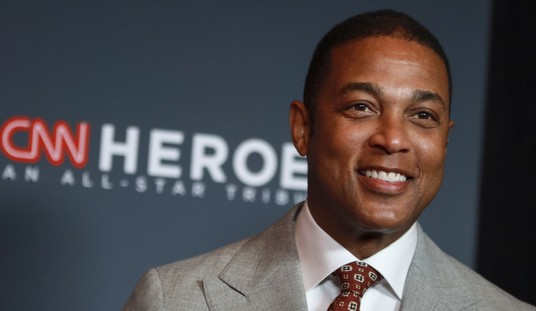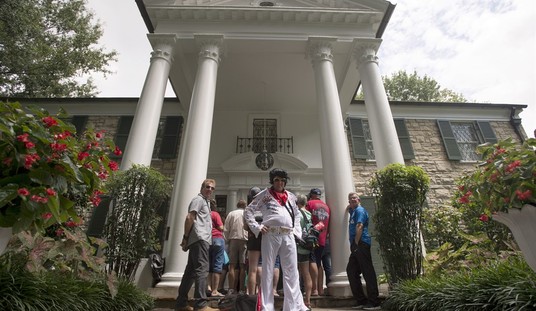Too little, too late? With Barack Obama’s polls cratering and former Cabinet officials firing broadsides at him, the President may fall back on a tried and true strategy of changing personnel to gain some breathing space on issues. David Ignatius hears from the oft-quoted “senior administration official” who tells him that Obama’s looking for “a talent infusion.” Better late than never:
Presidents often need new energy and talent to refurbish their second terms. George W. Bush opted for such a shake-up in 2006, and it arguably saved his presidency. Barack Obama is now facing a similar moment, and there are signs he’s looking to make some personnel changes after the November congressional elections.
Presidents value loyalty, to be sure, and Obama must be feeling especially grateful for team players after publication this week of Leon Panetta’s scorching memoir. It’s a bitter irony that after assembling his famous “team of rivals” — strong, independent personalities such as Panetta, Robert Gates and Hillary Clinton — Obama found himself second-guessed in memoirs by the former secretaries of defense and state. The next president may decide to include a nondisclosure form along with the oath of office for Cabinet hires.
Obama’s current team can’t be faulted for disloyalty. And if they all stay on board for the last two years, that would at least delay publication of their autobiographies. But loyalty aside, Obama appears to be interested in a talent infusion that would add depth and expertise; a model was his recent appointment of retired Gen. John Allen as special envoy for Iraq and Syria. More such top-level hires may be coming in an effort to widen the administration’s bandwidth.
“We are aware that the next two years will be transformative in the Middle East, the Iran relationship and Asia,” says a senior White House official. “The John Allen appointment symbolized a broader openness to bringing in the best people in the country to think through and manage these problems.”
The need for a talent infusion speaks to the lack of it in the current lineup. That, however, reflects even more poorly on Obama, given the talent that had been on his team. Panetta, and especially Gates, were highly-regarded policy makers and administrative officials. Obama didn’t listen to either of them, nor his party’s frontrunner to be his successor, Hillary Clinton, when their advice would have largely prevented the crises that Obama faces now. There is no evidence so far that Obama’s prepared to listen to anyone else other than his own guiding lights, either, which is how he ended up losing the confidence of the American people.
The real problem isn’t personnel, as I argue in my column for The Fiscal Times. It’s himself:
In fact, with the collapse of Obama’s policies in the Middle East, and with Kerry’s ostentatious and utterly unsuccessful efforts to force Israel and the Palestinians into a peace accord, it’s a wonder that any of Obama’s current national-security team is still around. That applies to James Clapper as well, the director of national intelligence who deliberately misled Congress about the NSA’s activities in domestic snooping, and then admitted that his analysts missed just how badly the Iraqi military would perform against ISIS – no small matter, considering the billions of dollars we spent in training and equipping them. But the collapse of Obama’s foreign policy and confidence in his leadership should have the jobs of some or all of the above on the chopping block.
On the other hand, maybe Obama is worried about what they’ll write about him if he hands them their walking papers.
In the end, though, the personnel changes – if they come at all – won’t likely have much impact. When George Bush asked for Rumsfeld’s resignation, it was because Bush had followed Rumsfeld’s advice, for better and worse, and knew a new direction was needed. Reagan asked chief of staff Donald Regan to resign during the Iran-Contra scandal because Reagan needed a new hatchet man to handle the crisis.
A fresh team won’t have the same value in this case. As Panetta, Clinton, and Gates make clear in their memoirs, Obama wasn’t taking their advice anyway. It’s likely that he’s not listening to his current team any more than his previous team, except to the extent that they tell Obama what he wants to hear. The problem is, and has been, the man in the Oval Office.
Besides, the issue may be moot to an extent. Voters are likely to signal a change in direction before Obama does, and that one will have much more impact. Besides, as Bush discovered with Rumsfeld, after the midterms is too late.







Join the conversation as a VIP Member